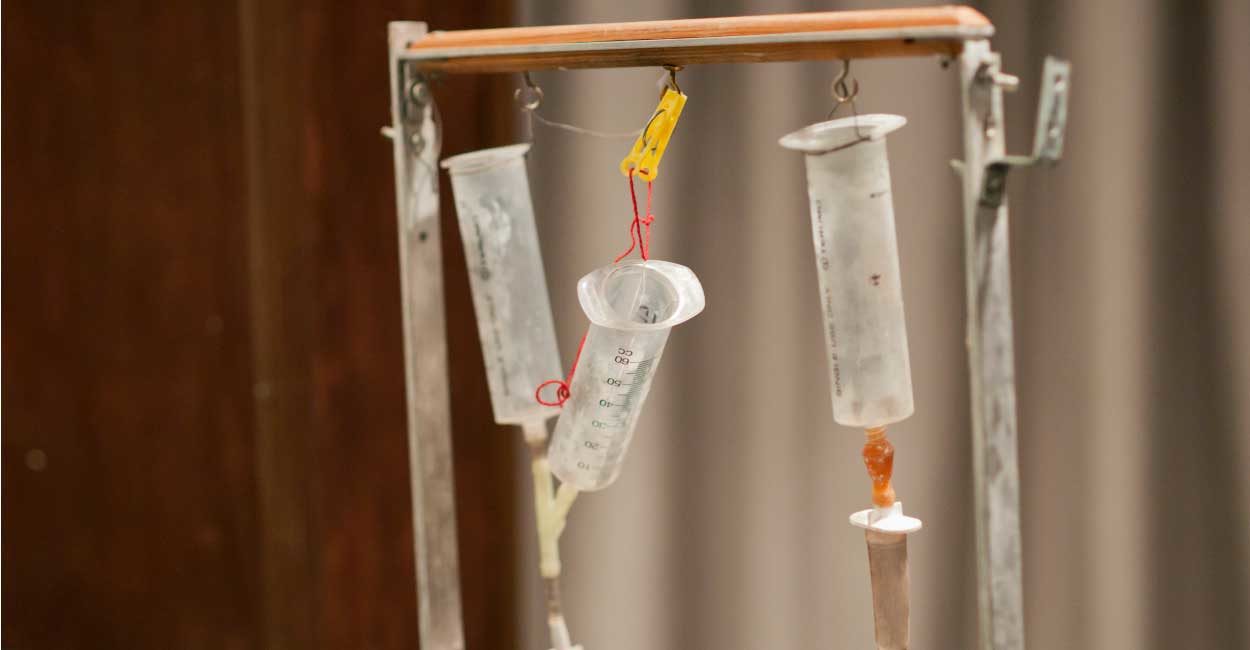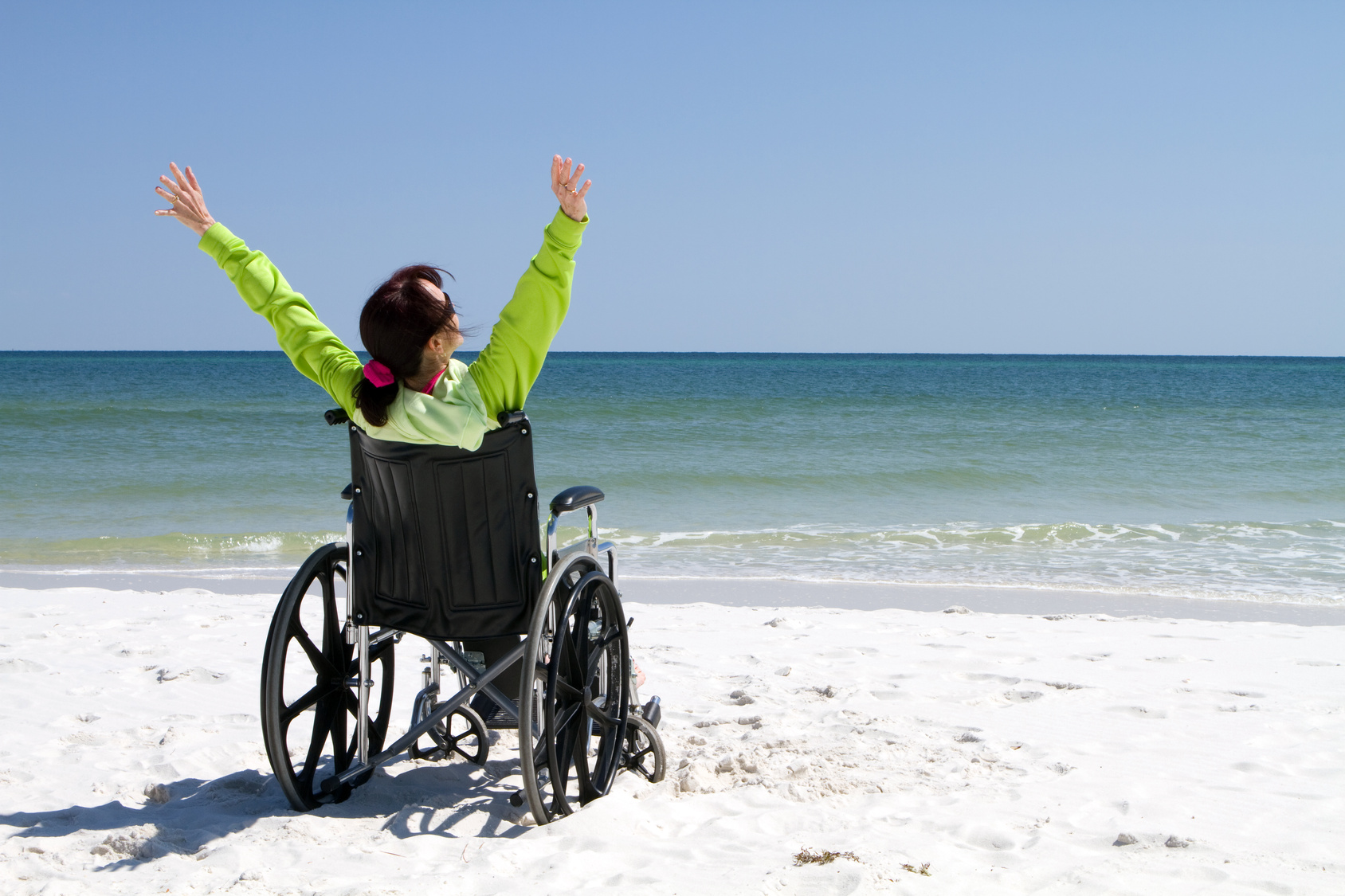
Source: National Review
By Wesley J. Smith

Source: National Review
By Wesley J. Smith

Source: Not Dead Yet
By Carol Cleigh Sutton
The very heart of the argument for assisted suicide/euthanasia (AS/E) is that an individual may be better off dead than disabled.
The fact that this argument can be made in respectable public forums demonstrates just how ableist this society is. How deeply the severely abled fear and loathe those of us who live with disability.
Ableism, like racism and sexism, is an ugly prejudice that society holds towards its minority members.
What does ableism look like? First you exclude us from nearly all public life and especially gainful employment and instead put us ‘on the dole.’ Then, periodically, you cut those supports from under us or make us try to prove that we’re ‘worthy’ of such supports. You openly stare at us and your comments and prurient questions make public spaces hostile. If we object, you accuse us of being maladjusted or just not being able to take a joke. A disabled man in the Netherlands is constantly told that it is ‘his fault’ that he lives with a disability; after all, he could kill himself. Where AS/E has become the norm, disabled people are even more outcast.
Our lives are seen as not worth living, but these are the lives we have.

Woman with arms raised celebrates her achievement and success in the sunshine even with her disabilities in a wheelchair.
Source: Rabble.ca
By: Carmela Hutchison
People with disabilities and their caregivers are at risk for being made to say yes to medical assistance in dying when they don’t want to.
On July 24, 2017, CBC reported a story about a 25-year-old woman living in Newfoundland who has many disabilities. While she was hospitalized for illness, the doctor made a suggestion to her mother that she could consider medical assistance in dying (MAiD) as a choice for her daughter’s future. Her mother was reminded that assisted suicide is now legal in Canada.
Just over a year ago, the federal government passed a law allowing medical assistance in dying, after the Supreme Court of Canada struck down the ban on assisted suicide.
The disability community was gravely concerned about the medical assistance in dying law. The Newfoundland case is exactly the kind of situation many of us were afraid would happen.